1976 – BBC2 & The Vegan Society in the Open Door series.
The programme led to over 9000 enquiries about veganism resulting in around 1,000 new members of the Society.
From The Vegan- Autumn 1994 page XX
“In the middle of December, the BBC invites the Society to contribute an Open Door programme to be broadcast on 31 January (repeated 7 February). Kathleen Jannaway and Jack Sanderson spend much of January working with the BBC’s Community Programme Unit. The programme, A Better Future for All Life, is presented by Erica Cook, a vegan from New Zealand, and includes interviews with Jack Sanderson, Dr Frey Ellis, Tom Sanders, Serena Coles, Eva Batt, the Bray and Bland families, Harry Bonnie and Kathleen Jannaway.”
From The Vegan-Spring 1976 pages 9 to 14
“The programme had scarcely finished at 11.25pm before the phone at 47 Highlands Road started to ring and it went on until 1.15am and intermittently during the next three weeks until over 300 calls had been received. Monday morning brought a message from the local Postmaster- the mail would be brought by van later as it was too heavy for the postman and would we mind not filling the postboxes with replies; another van would call for them! We had hoped for hundreds, perhaps even a thousand letters but not nearly the 9,000 that came.”
Sadly, Serena Coles, Eva Batt, Jack Sanderson, Kathleen Jannaway and Dr Frey Ellis have all died since this programme was made.
An excerpt from GROWL by Kim Stallwood
From – Chapter 2 – The Door Opens
p27 to 29
VEGAN PIONEERS
As 1975 came to a close, Mum and I agreed to phase out all dairy, eggs, and honey and try veganism from January 1. Later that month, we learnt about the BBC’s innovative series of community-based television programmes called Open Door, and their decision to include the Vegan Society among the first. The programme was shown on January 31, 1976, and again on February 7, and is available on You-Tube. After we watched it, we knew we’d made the right decision to go vegan.
To watch the show today is to be reminded how, nearly forty years on, many of the arguments made for veganism then remain the same today: that more people could be fed directly through plants than through animal protein, thus alleviating world hunger; that consuming dairy products involves more cruelty to animals than eating meat; that vegans lower their risk of contracting heart disease and cancers of the colon; that the vegan diet requires vitamin B12 supplementation (although this deficiency also occurs among many non-vegans); and that vegans are, according to one of the doctors interviewed, ‘normal, healthy, happy people whom you couldn’t distinguish from omnivores except that they are slimmer and perhaps smile more’ [sic].
In the programme we meet two families who avow that vegan food is cheaper, no more time-consuming to prepare, and just as tasty as an omnivorous diet. They tell the interviewer they’re providing their children with a nutritious, whole-foods-based diet and a set of ethical beliefs that will stand them in good stead should they choose to remain vegan later on. If anything dates the show, it’s the naturopath who makes the case for veganism as a way to reduce the need for allopathic medicine.
As my mother and I watched the programme, we agreed that the Society’s presenters had a point or two, but we thought the vegans on the programme were all rather, well, odd—paradoxically because they were so concerned to show themselves and their lifestyles as normal as well as natural. No one had shaved their head, or sported dreadlocks, or smoked or drank. No one wore bondage gear, tie-die, Birkenstocks, glam clothing, or other ‘alternative’ fashions of the times. No one talked of animals’ souls or presented any outlandish spiritual beliefs.
No one placed the suffering of the animals in the context of animal rights or the struggle for social justice (beyond complaining about how an omnivorous diet reduced the ability to feed the starving). No one advocated free love, communal living, or anarchy in the U.K. All wore clothes.
Instead, in their complete if stilted sentences, these white and imperturbably middle-class vegans offered their lifestyle as a wholesome, completely average existence for ordinary people—one profiled family were aptly named the Blands—who simply happened to dislike cruelty towards animals and thought animal agriculture was inefficient and environmentally unsound. An interviewee stressed that veganism was neither puritanical nor boring, but no one made it look particularly fun. Indeed, everyone appeared to have been told to be on their best behaviour—to resist emotion, stick to the facts, and act responsibly—even when extolling the benefits of their regimen. When one father observed that becoming a vegan was ‘like shedding a very heavy, unwanted overcoat’, the phrase seemed almost calculated to ensure the heart didn’t race at the prospect.
Kim’s site – here.
On HappyCow – here.
The Kim Stallwood Animal Rights Archive – here.
The Vegan – Spring 1976 – with 7 pages about the programme.


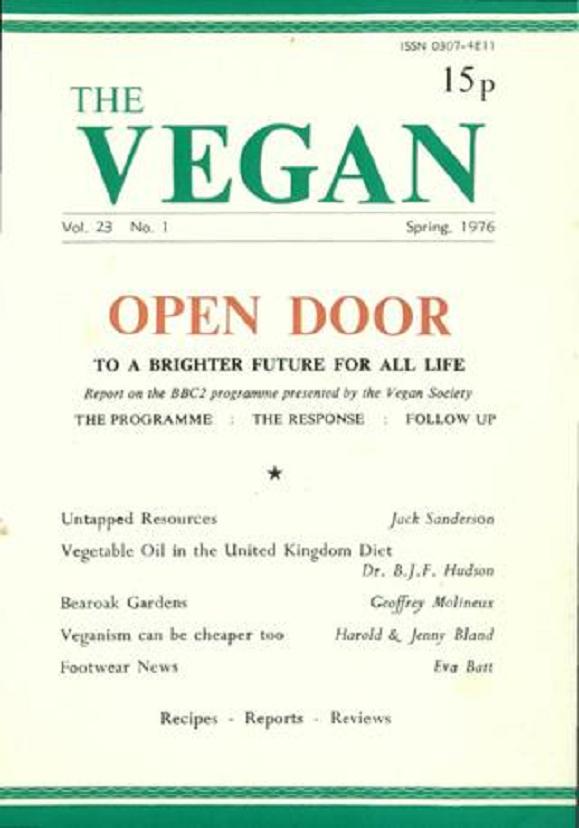
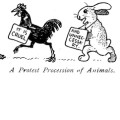
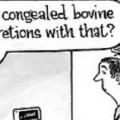
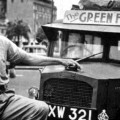
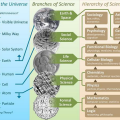
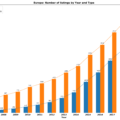
No Comments